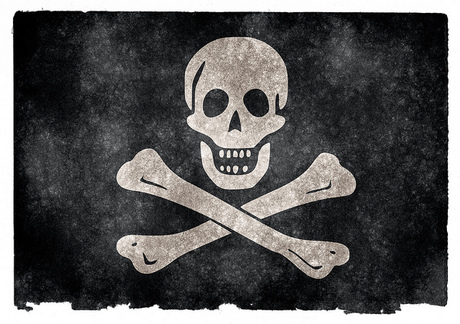ISPs agree on draft online piracy code

Australian ISPs have agreed to send online copyright infringers escalating warnings and to cooperate with rights holders to facilitate discovery for potential lawsuits, yielding to government pressure to help crack down on online piracy.
Australian telecommunications industry body Communications Alliance has published a draft code of practice aimed at cracking down on online copyright infringement.
The code has been developed by ISPs and copyright holders from the music, film and television industries.
The draft code details the creation of a copyright notices scheme, which will involve ISPs sending escalating infringement notices to residential fixed internet users alleged to have infringed copyright online.
While the graduated response shares similarities with proposals that Australia adopt a ‘three strikes’ style scheme, the code does not contain any specific sanctions against internet users. Previous proposals involved penalties including cutting off internet connections for repeat offenders.
But the code does contain a process for rights holders to conduct facilitated preliminary discovery to gather details for potential legal action against persistent infringers.
Communications Alliance said the scheme includes safeguards against threats to the privacy of internet users, as well as a mechanism for any account holder receiving three infringement notices within a 12-month period to have the validity of the allegations independently reviewed.
Following years of unsuccessful talks between ISPs and rights holders, the federal government recently leaned on the industry to finalise the development of a code of conduct for responding to copyright infringement and to submit the final code to ACMA by April this year.
Communications Minister Malcolm Turnbull and Attorney General George Brandis threatened to impose government regulation if a satisfactory code was not developed in time.
The Internet Society of Australia has urged its members and all interested parties to comment on the draft code before it is submitted to the register.
“It’s not often that the public is given the ability to make its voice heard on important initiatives such as this,” CEO Laurie Patton commented.
“There are many aspects of the draft code that will impact on internet users and it is important that every angle is presented and considered before ACMA accepts the code for registration.”
How the explosion of non-human identities is changing cybersecurity
A surge in machine-to-machine communication and non-human...
Building stronger critical infrastructure with Zero Trust
Zero Trust provides a way to stay ahead of cyber attacks by assuming breaches will happen and...
Happy birthday, Active Directory!
Active Directory is a technology that has proved its staying power and has shaped enterprise IT...




